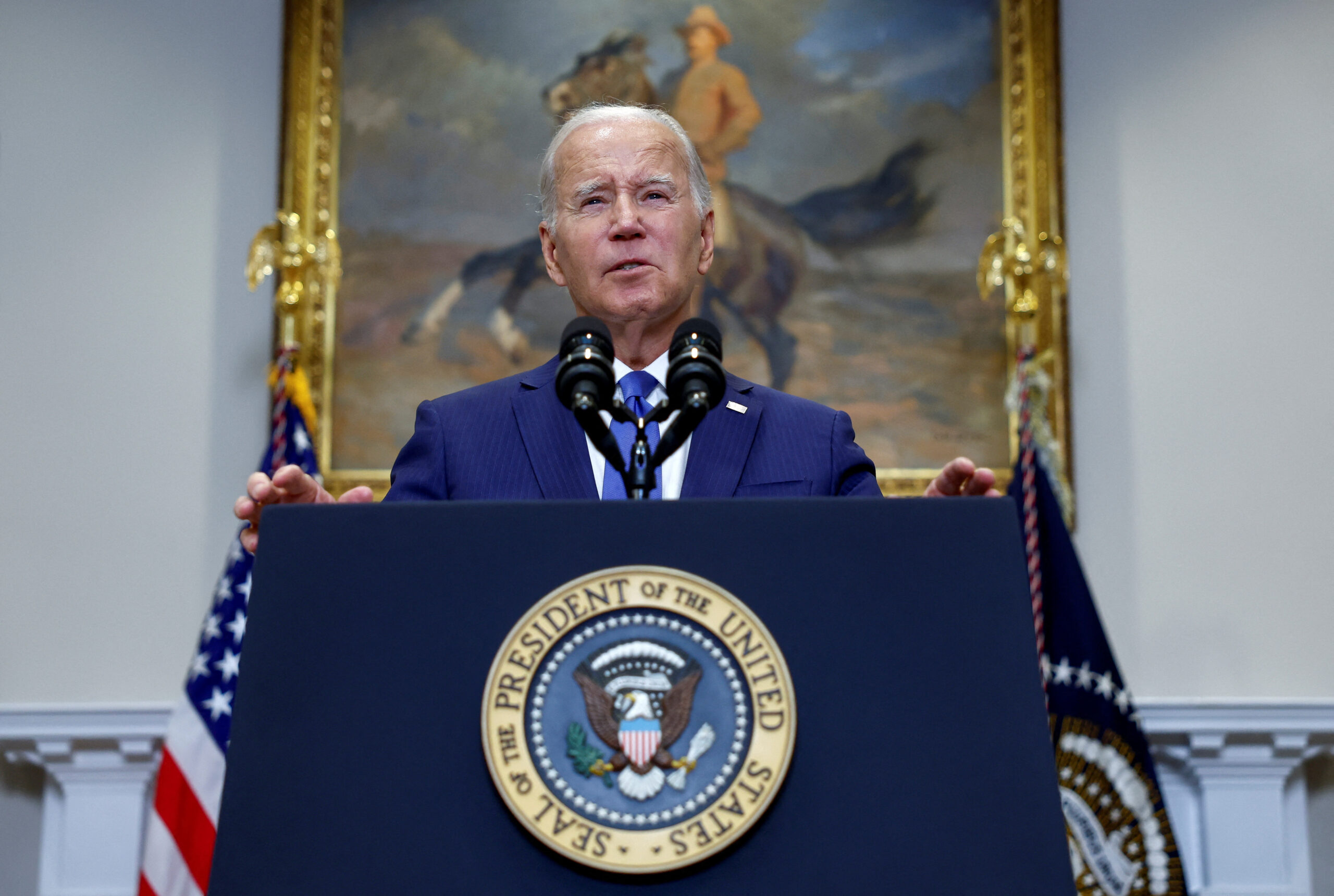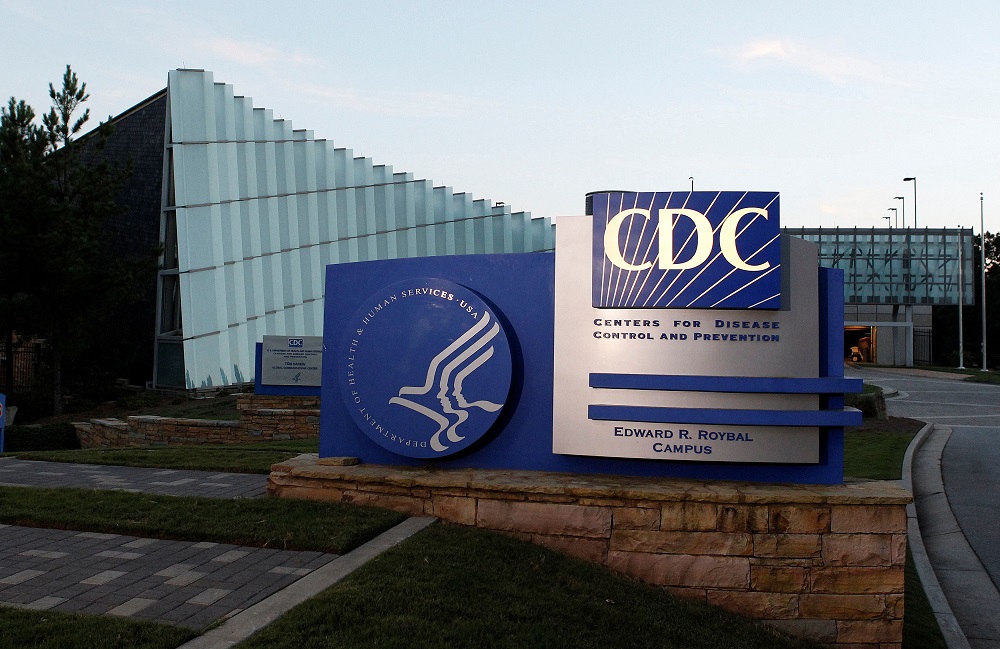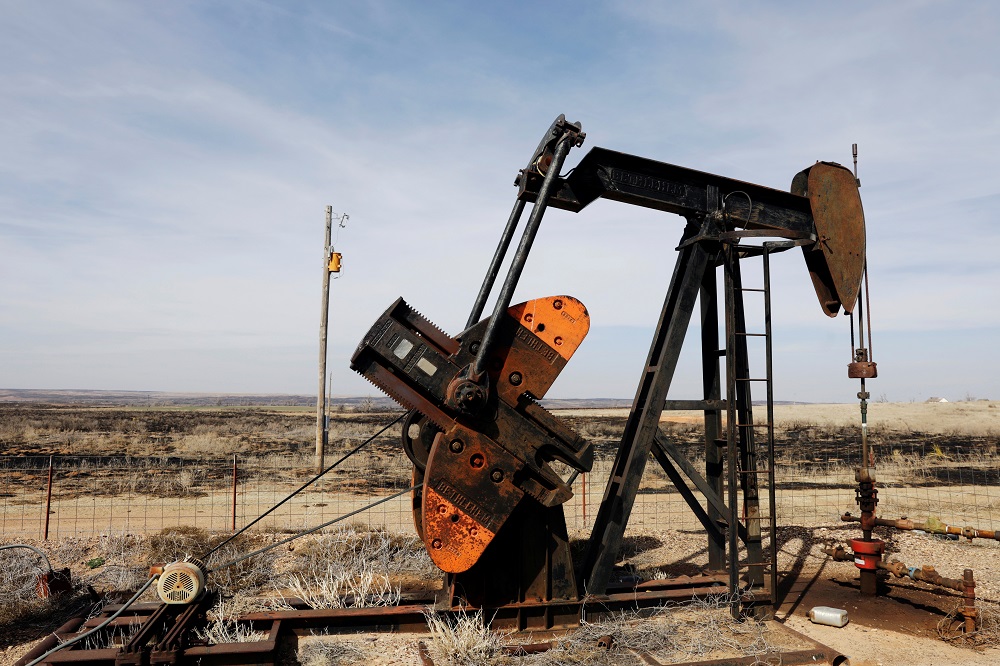Welcome to Our Research Archive
Search and filter by content type, issue area, author, and keyword

December 23, 2023
A Deal on Permitting Reform Is Still Possible
Senator Joe Manchin (D., W.Va.) has failed in his pursuit of a final approval of the Mountain Valley pipeline from northwestern West Virginia to southern Virginia, as the Senate refused even to give majority support for his effort to attach his “permitting reform” bill to the defense budget authorization. The environmentalist Left and many congressional Democrats have no interest in…

November 20, 2023
A President’s Council On Artificial Intelligence
Last month, President Joe Biden issued an executive order on artificial intelligence. Among the longest in recent decades and encompassing directives to dozens of federal agencies and certain companies, the order is a decidedly mixed bag. It shrinks back from the most aggressive proposals for federal intervention but leaves plenty for proponents of limited government to fret…

November 6, 2023
Why the CDC Failed Its Covid-19 Test
The Covid-19 pandemic was a disaster. Over a million Americans died—many in isolation in hospitals and nursing homes, far from their friends and family—and millions more became seriously sick, lost their jobs, or felt the effects of widespread economic and social disruption. Students suffered irreversible learning losses, with many exiting the public-school system altogether. Patients delayed or…

October 23, 2023
A Carbon Tax to Finance Child Tax Credit Expansion
A carbon tax is considered by most economists to be the most efficient and effective way to reduce carbon emissions. However, a long-standing political challenge to a carbon tax is the perception that it would disproportionately burden low- and middle-income households relative to high-income households. Many analysts and lawmakers have proposed using carbon tax revenues…

October 20, 2023
Value Needs to be the Next Buzzword in Higher Education
For a long time, advocates and policymakers in the higher education space were fixated on improving “access” to higher education. As a society, we recognized that higher education was a powerful tool for promoting social mobility, and helping people born into lower-income households advance financially and pursue fulfilling careers. We also realized that higher education…

October 4, 2023
Why So Many Americans Are Losing Trust in Science
Dr. Mandy Cohen has been on a national tour. The new director of the Centers for Disease Control and Prevention, she aims to rebuild trust in that troubled agency at a moment when Covid-19 cases are rising again and the Biden administration has begun a new vaccine campaign. She has her work cut out for her. According…

August 29, 2023
No One Is Above the Law? Biden’s Bureau of Land Management Thinks It Is.
One central characteristic of the Biden administration is its contempt for the letter of the law. When laws interfere with overriding political objectives, they are cast aside, and the courts are often forced to clean up the mess. Nowhere is this norm-busting reality more pronounced than at the Department of the Interior’s Bureau of Land Management (BLM),…

August 8, 2023
The IEA and Congressional Opponents of Fossil Fuels Are Chasing Windmills
The Biden administration’s regulatory onslaught is no mere rumor. It’s a harsh reality deeply problematic for the rule of law, for the concept of self-government, for the institutions of our constitutional republic, and for federalism. And, not least, for a U.S. economy subjected to ever-increasing legal burdens, bureaucratic interference, distortions in the productivity of resource use, and metastasizing Beltway mindlessness. But it’s…

August 7, 2023
EPA Is Ignoring the Glaring Problem with Dirty Electric Vehicles
The Environmental Protection Agency(EPA) has launched a new regulatory effort to force a massive transportation shift to electric vehicles (EVs) with its proposed “multi-pollutant emissions standards” for light- and medium-duty vehicles beginning with model year 2027. The reality, however, is that the proposed rule has little to do with “pollutants.” Instead, it is an attempt…

July 21, 2023
The Masking Debate We Didn’t Have
“Mask Up DC” signs are still visible in the windows of some businesses around Washington, D.C. Are these signs public-health recommendations based on science, or just outdated reminders of a bygone pandemic era? Or could they be relics of a time when many mistakenly believed that masks were actually protecting us? That is the conclusion…